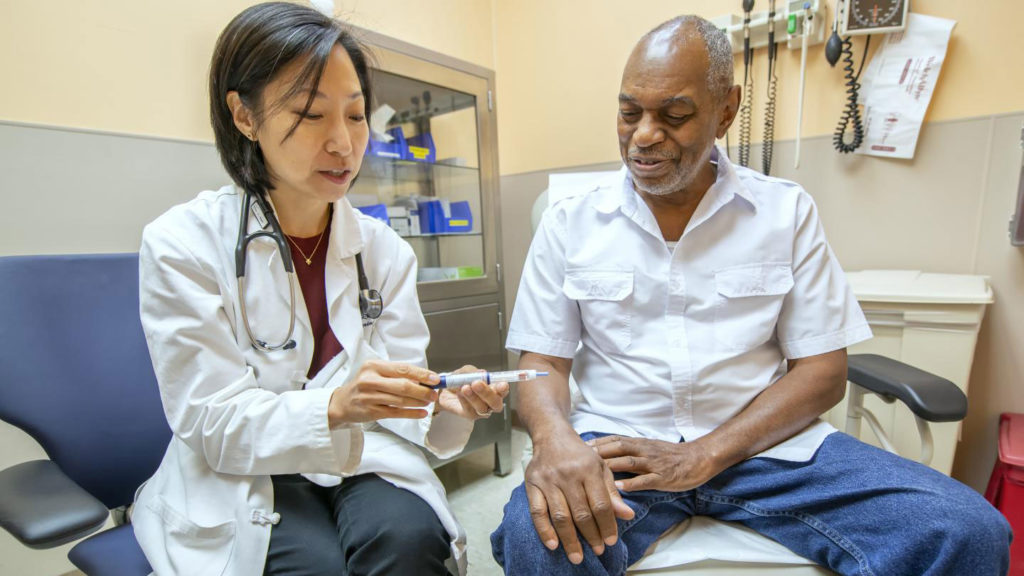
Older adults are not represented adequately in clinical trials of medications for disorders that are common in the population. The legal framework to better represent them is in place, but not enough is happening to increase the number of older adults involved in research, according to a paper published on April 10 in the Journal of the American Geriatrics Society.
“Without the enrollment of older adults that are representative of clinical populations in clinical trials, clinicians will continue to be faced with uncertainty as to the safety and efficacy of new drugs for older adults,” Janice B. Schwartz, MD, a professor of medicine at University of California San Francisco, wrote in the report.
A new law mandates that clinical trial participants be representative of the patient population, but there’s still a need for more data on older adults. Schwartz cited the Food and Drug Omnibus Reform Act of 2022, saying it provides the framework to include more older adults.
Consensus on definitions and collection of data relevant to geriatric patient populations are needed to evaluate effects of comorbidities, frailty, cognitive and physical function, Schwartz wrote. The field also needs more geriatric researchers and facilities including in the community and at long-term care facilities, Schwartz said.
A lot of trials collect data and may evaluate data for effects on subgroups with the individual comorbid condition. Comorbid conditions are not reported at an individual participant or age group level, Schwartz noted. Definitions for medical conditions may not be uniform in clinical care records, or survey data and may not be fully collected or reported. This is important because many older adults have comorbidities. Experts need a consensus on how to define them, and which ones are useful for older adults with specific conditions being researched.
Another roadblock is appealing to older adults to fill the need from a lack of racial and ethnic diversity in clinical trials on the population. Older adults may have different barriers compared to younger folks such as mistrust in clinical trials, lack of knowledge about them, accessibility issues, and lack of community engagement. These all have to be addressed in order to make the aforementioned law a reality, Schwartz said.
“The 2023 Omnibus Bill now provides the legal impetus to conduct trials that are representative of clinical populations but will require efforts and investment of everyone involved in clinical research to implement changes to achieve this goal,” she wrote.
Related: Frailty needs to be a factor in drug development, proposed guidelines suggest



